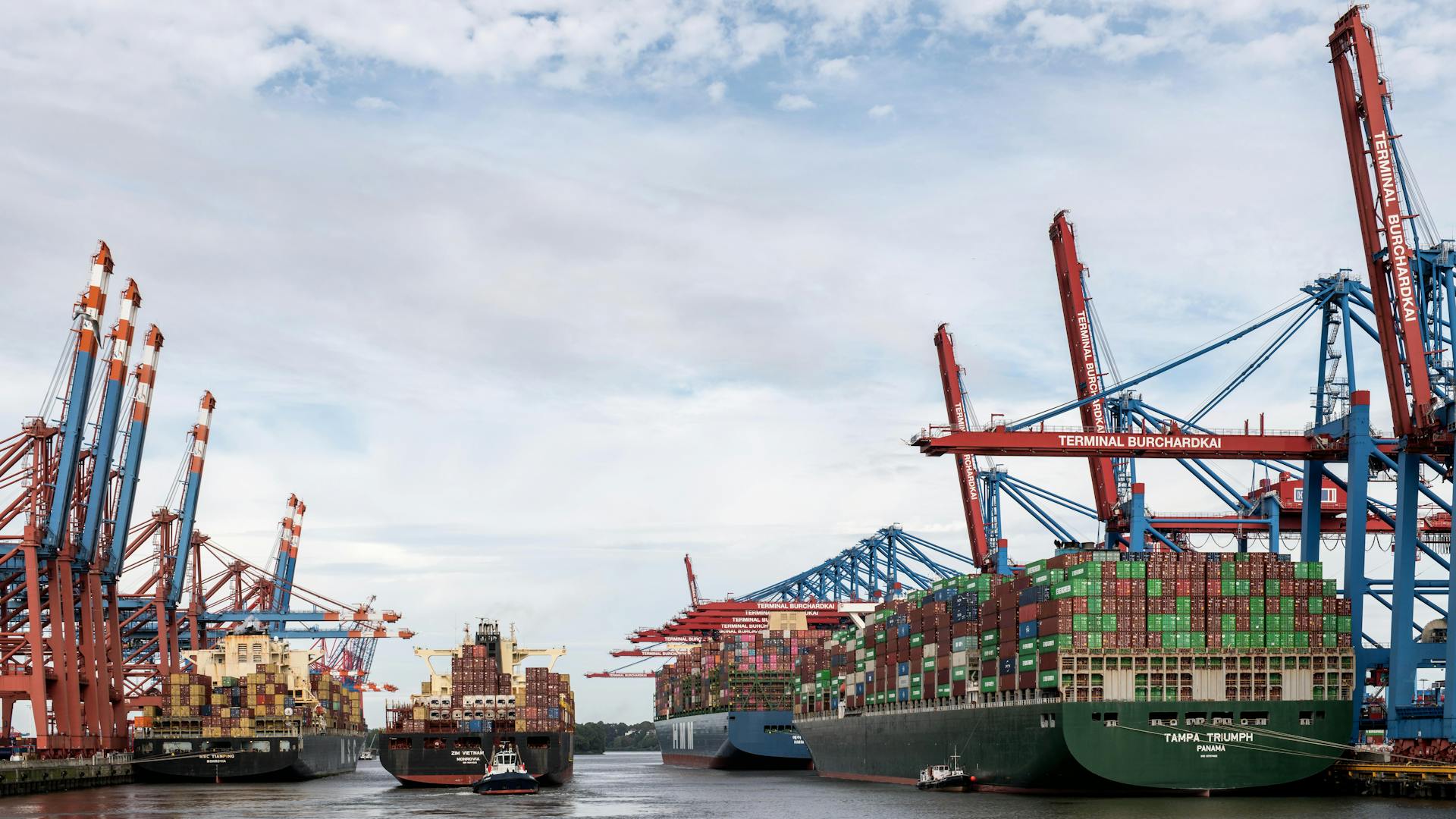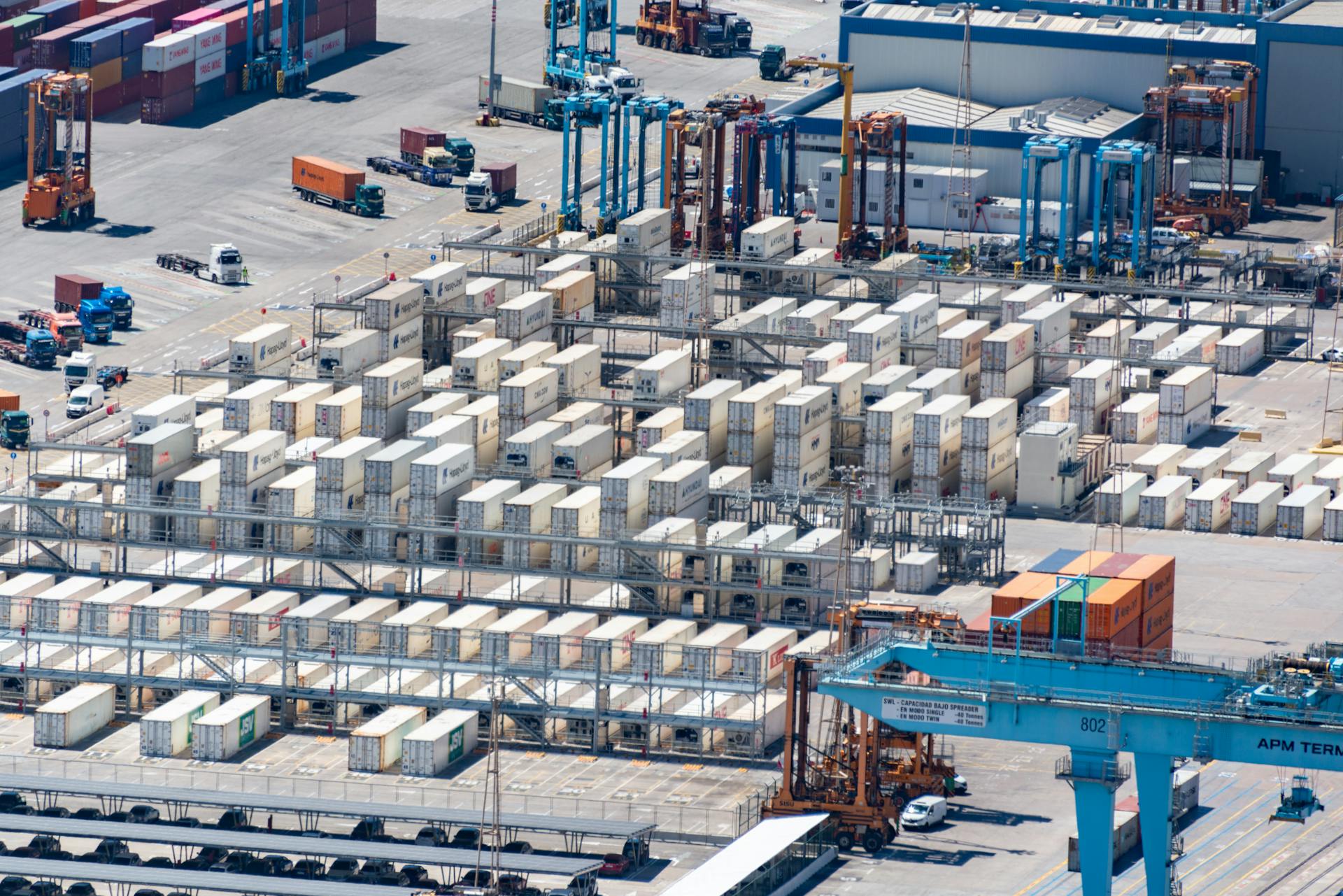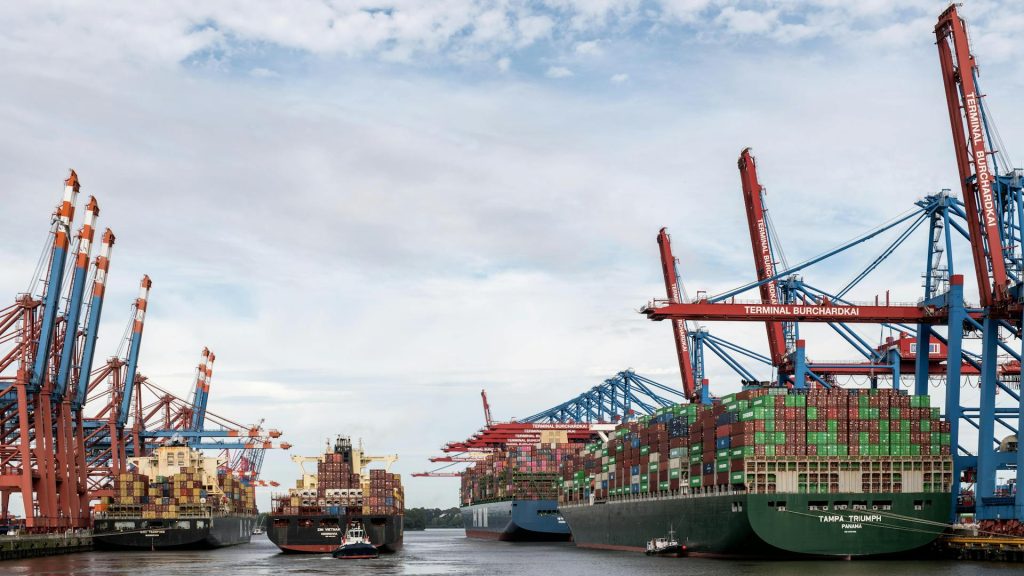The world of business moves fast. Markets shift overnight. Supply chains hold it all together. When things break down, costs skyrocket. Delays pile up. Customers get upset.
Investors are starting to pay close attention. They see supply chain resilience as more than just an operational concern. It is now a key financial metric that matters.

The Growing Spotlight on Logistics
Recent years have been wild for global trade. From pandemics to port delays, everything got shaken up. One key takeaway stood out: businesses with strong supply chains survived better. They adapted. They kept moving. Investors noticed. They started asking new questions about logistics, transportation, and delivery times.
What’s more, tariffs spiked shipping costs overnight. In that context, SEKO’s insights on tariff-fueled freight surges remind everyone how fragile supply chains can be. But they also show how smart logistics can protect profits.
Some companies adapted fast. They found new routes. They shifted suppliers. Others struggled. The lesson was clear. Agility in logistics can make or break financial performance.
Why Resilience Matters More Than Ever
Old-school thinking treated supply chains like background noise. Not anymore. Disruptions are now common. From geopolitical tensions to natural disasters, the hits keep coming. Companies need resilience to survive.
Resilient supply chains keep goods moving. They avoid costly delays. They help maintain steady revenue. Investors love steady revenue. Resilience reduces risk. Less risk makes a business more attractive to investors. Resilience shows strength.
Logistics Innovation Drives Value
Innovation is not just about shiny new tech. It is about solving real problems. Smarter routing. Better forecasting. Faster delivery options. Every small improvement adds up. Each tweak makes a difference.
Companies that invest in logistics innovation stay ahead. They save money. They gain flexibility. They boost customer satisfaction. All of this reflects in financial results. Investors want to see this kind of forward thinking. This is a clear indication of a company designed for longevity and success.
Tariffs, Trade Wars, and Freight Surges
Tariff changes hit hard. Freight surges pushed costs through the roof. Many businesses got caught off guard. Others leaned on smart logistics partners to manage the chaos. They stayed one step ahead.
All of this highlighted the need for proactive planning. When companies planned ahead, they weathered the storm. When they didn’t, they suffered. Investors are now asking who is ready for the next wave of trade disruption. Preparation matters. Agility counts.
The Customer Factor
Customers have high expectations. Fast shipping. Accurate tracking. Hassle-free returns. Failing on any of these fronts hurts brand reputation. It also hits the bottom line. People switch brands when service falls short.
Strong supply chains support better customer experiences. Better experiences lead to loyalty. Loyalty means repeat sales. Investors love businesses with loyal customer bases. It all connects. Logistics is not just about moving boxes. It is about keeping promises.
The Tech Side of Logistics
Tech plays a huge role in modern supply chains. AI, machine learning, and real-time data keep things moving smoothly. They help spot problems before they explode. They cut down waste. They improve efficiency. They turn chaos into order.
Businesses that embrace logistics tech tend to perform better. They move faster. They spend less. They keep customers happy. Investors take note. They see smart logistics as a sign of a company that can thrive in tough times. Tech equals survival.

ESG and Sustainable Logistics
Environmental, Social, and Governance (ESG) concerns are also part of the picture. Supply chain choices affect carbon footprints. Investors care about sustainability. So do customers. Everyone is watching.
Greener logistics means fewer emissions. It means smarter packaging. It means responsible sourcing. It means cleaner transport options. Companies that show progress here look better to investors focused on ESG goals. It is not just about doing good. It is also good business. It is a competitive edge.
Wrapping Up
Supply chain resilience has moved into the spotlight. It is not just a back-office function anymore. It is such an important financial metric that all the savvy investors are keeping a close eye on. The way a company handles logistics speaks volumes about its future.
Companies that invest in resilience and innovation stand out. They attract investors. They build trust. They’re paving the way for a serious long-term success.
In today’s world, a strong supply chain is not optional. It is essential. The smartest investors know it. The savviest companies are already acting on it. And those that don’t? They risk being left behind.

Peyman Khosravani is a global blockchain and digital transformation expert with a passion for marketing, futuristic ideas, analytics insights, startup businesses, and effective communications. He has extensive experience in blockchain and DeFi projects and is committed to using technology to bring justice and fairness to society and promote freedom. Peyman has worked with international organizations to improve digital transformation strategies and data-gathering strategies that help identify customer touchpoints and sources of data that tell the story of what is happening. With his expertise in blockchain, digital transformation, marketing, analytics insights, startup businesses, and effective communications, Peyman is dedicated to helping businesses succeed in the digital age. He believes that technology can be used as a tool for positive change in the world.









